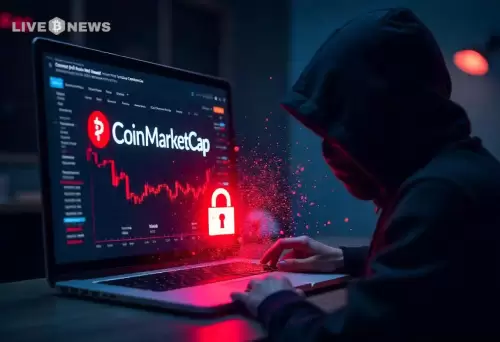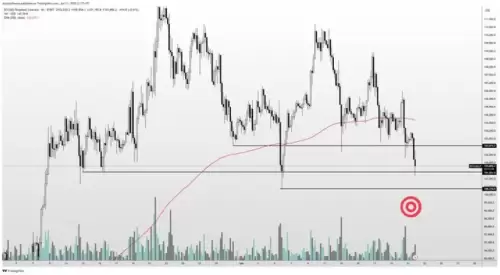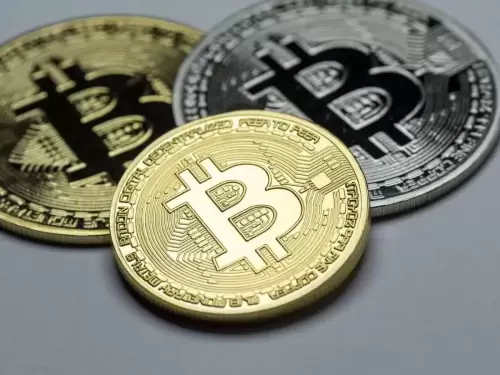CoinMarketCap faced a security breach with a malicious 'Verify Wallet' popup. Swift action mitigated the risk, but users must stay vigilant against evolving crypto scams.

CoinMarketCap's Rogue Wallet Scare: A Scam Alert!
This week, CoinMarketCap, a go-to source for crypto prices, became the target of a scam, flashing a 'Verify Wallet' popup. The good news? CoinMarketCap reacted fast, pulling the plug on the malicious code in about three hours. The not-so-good news? It's a stark reminder that even trusted sites aren't immune to sneaky scams.
Malicious Popup: A Close Call
Imagine clicking onto CoinMarketCap and seeing a popup urging you to 'Verify Wallet.' That's exactly what happened! This wasn't a planned update; it was a full-blown scam attempt. The popup asked users to connect their wallets and approve ERC-20 token transactions – a classic move that could lead to drained wallets.
Wallet Extensions to the Rescue
Thankfully, crypto wallets like MetaMask and Phantom were on high alert. They immediately flagged CoinMarketCap as unsafe, displaying warnings to users. These built-in alerts likely saved many from falling victim to the scam, proving that security extensions are more than just fancy add-ons.
User Data: Still at Risk?
The popup aimed to trick users into granting control over their tokens. While CoinMarketCap quickly addressed the issue, it highlights the ever-present threat of phishing scams. These scams rely on tricking users into handing over private keys or permissions. It's a cat-and-mouse game, and staying informed is crucial.
A History of Breaches
This isn't CoinMarketCap's first rodeo with security breaches. Back in 2021, hackers swiped over 3 million email addresses. This new attack, injecting malicious code, shows how threats are constantly evolving. It's not just about stealing data anymore; it's about manipulating the site itself.
What's Next for CoinMarketCap?
CoinMarketCap is investigating and beefing up its security. Experts suggest adding multi-factor checks on code changes and regular scans for injected scripts. It's all about staying one step ahead of the bad guys.
Protecting Yourself: Tips for Crypto Users
Here's the deal: treat any unexpected 'connect wallet' prompt with suspicion, even on sites you trust. Use hardware wallets or browser extensions that clearly show requested permissions. And for Pete's sake, keep your browser and wallet software up to date! In the wild west of crypto, caution is your best friend.
The Last Word
So, what's the takeaway? CoinMarketCap got hit, but they bounced back fast. This incident is a reminder that security is an ongoing battle. Stay sharp, stay informed, and don't let those rogue wallets get anywhere near your precious crypto!
Disclaimer:info@kdj.com
The information provided is not trading advice. kdj.com does not assume any responsibility for any investments made based on the information provided in this article. Cryptocurrencies are highly volatile and it is highly recommended that you invest with caution after thorough research!
If you believe that the content used on this website infringes your copyright, please contact us immediately (info@kdj.com) and we will delete it promptly.














































































